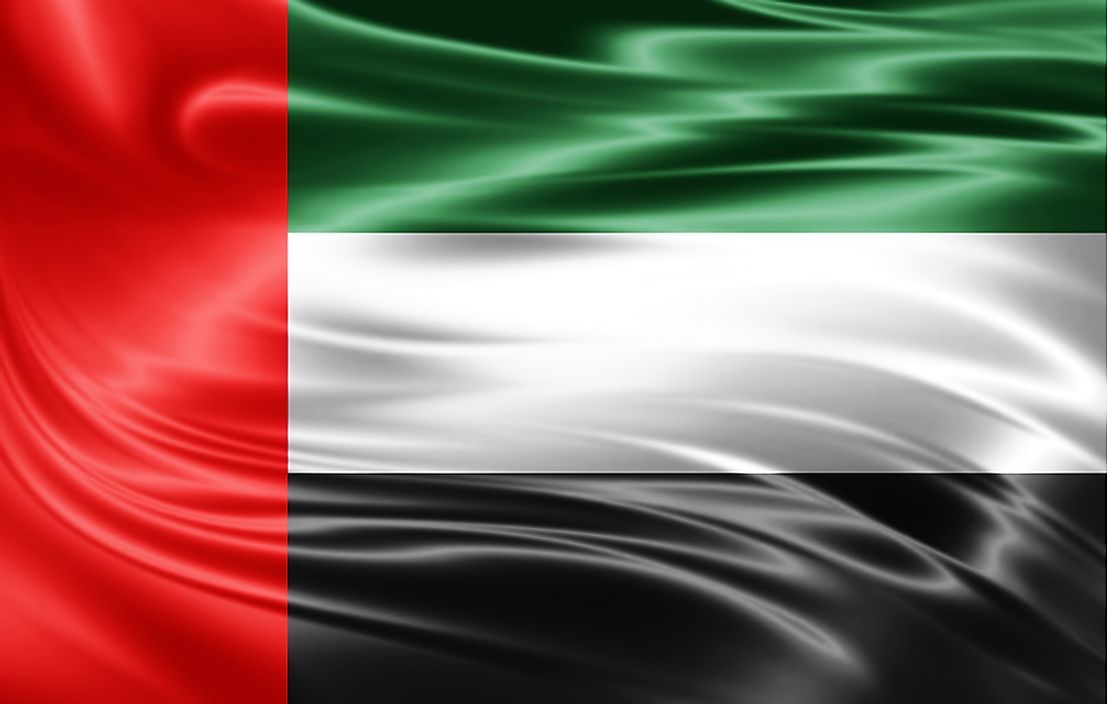What Type Of Government Does The United Arab Emirates Have?

The United Arab Emirates has a presidential, federal, and despotic monarchy. The UAE is a federation of 7 different constituent monarchies, which include the Emirates of Dubai, Abu Dhabi, Ras al-Khaimah, Umm al-Quwain, Ajman, and Fujairah. The President who is also the UAE’s head of state is the ruler of Abu Dhabi while the Prime Minister is the ruler of Dubai and the head of government of the UAE.
The UAE's Executive Branch
Regarding administration, the UAE is a federation of seven emirates and each emirate has its ruler who is responsible for setting the pace for the reforms of local government. Under the 1971 Consitution, the seven emirates share a considerable amount of power in matters of revenues and mineral rights which is mostly oil. Since each emirate initially had its system of government, the development of federal powers has been slow.
Division Of Power According To The Constitution
UAE's Constitution divides the federal powers into the judicial, legislative and executive branches. Besides, the executive and legislative powers are further divided into emirate and federal jurisdictions. The Constitution also established the role and position of both the President and the Vice President who are elected rulers from the seven emirates. The seven rulers form the Federal Supreme Council comprising of both a chairperson and vice chairman who are elected to serve a term of five years, the cabinet lead by the Prime Minister, and an independent judiciary including the Federal Supreme Court. Other members of the Federal Supreme Council include 40 members of the National Assembly, a supreme council of rulers, members of a consultative body featuring partially elected and appointed members by rulers of the seven emirates.
Responsibilities Of The UAE Government
The UAE government has different responsibilities under the federal authority including, security and defense, public health, foreign affairs, education, nationality and immigration issues, extradition of criminals, labor relations, currency, banking, licensing of aircraft, air traffic control services, telephone, postal, and other communications. However, certain responsibilities are excluded from the Constitution's Article 120 and 121 but are under the jurisdiction of each emirate.
Local Politics Within The UAE
Each emirate has a different degree of financial influence and prestige; this is openly seen by how positions in the federal government are allocated. For instance, The President of the UAE hails from Abu Dhabi which is a major producer of oil. Since Dubai a former oil producer is the current commercial hub for the UAE, its ruler is the prime minister and vice president. Following the independence of the UAE in 1971, the government has strived to establish its federal institutions entirely. The complexity of local governments within the seven emirates depends on development and size of each emirate. For example, physically and financially bigger emirates such as Abu Dhabi are further divided into various municipalities in this case two.
Overview Of UAE's Government
Traditionally, regional rulers hold open discussions with their citizens whether they are elite, merchants or ordinary people. Within the UAE, emirate rulers together with senior family members engage in such forums mainly to find ways on which they can make life better for the people through better governance. In regards to the UAE's judiciary branch, its judicial system features both the Sharia law and civil law systems. The UAE court systems comprise of both Sharia courts and civil courts.







